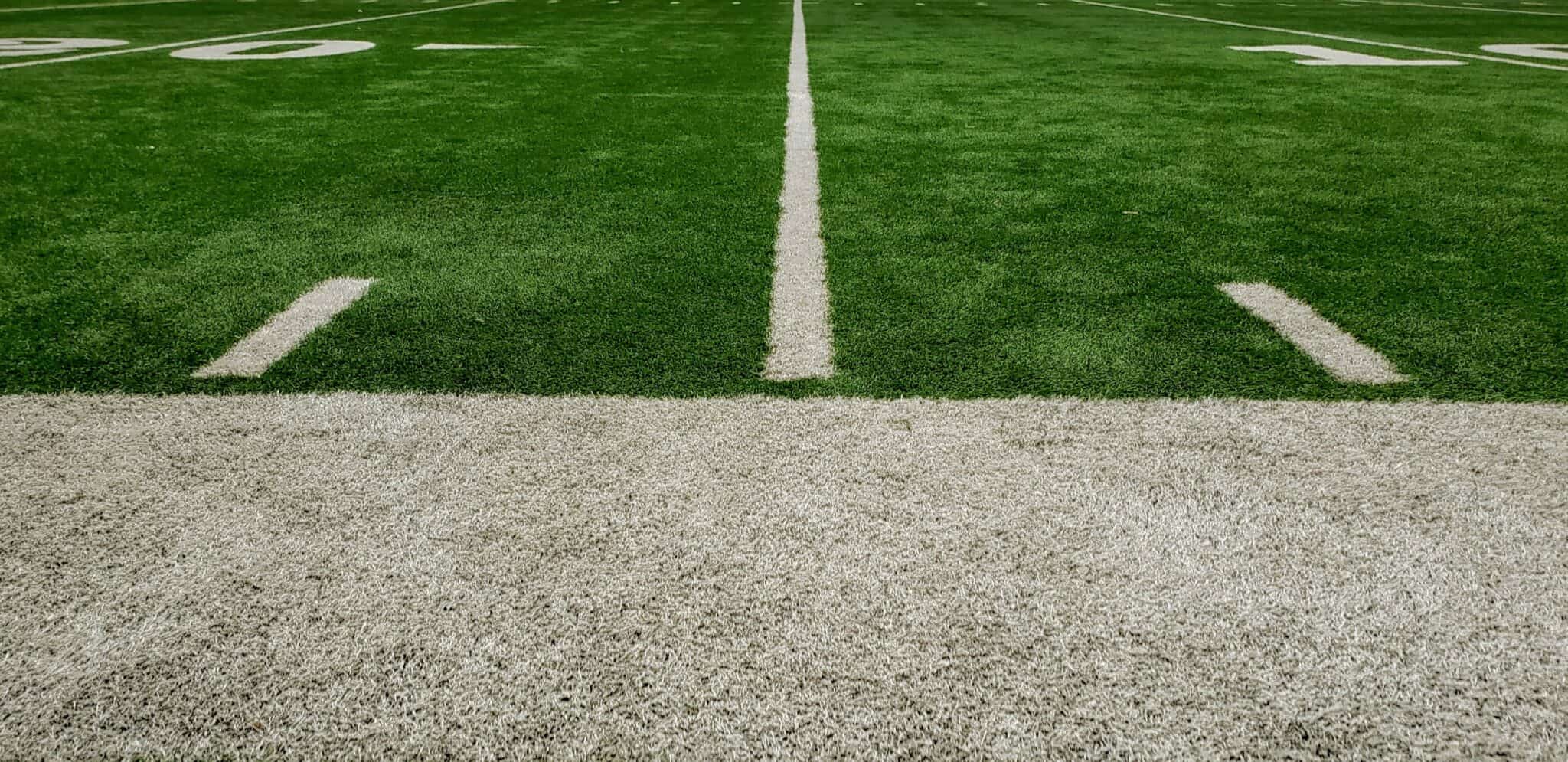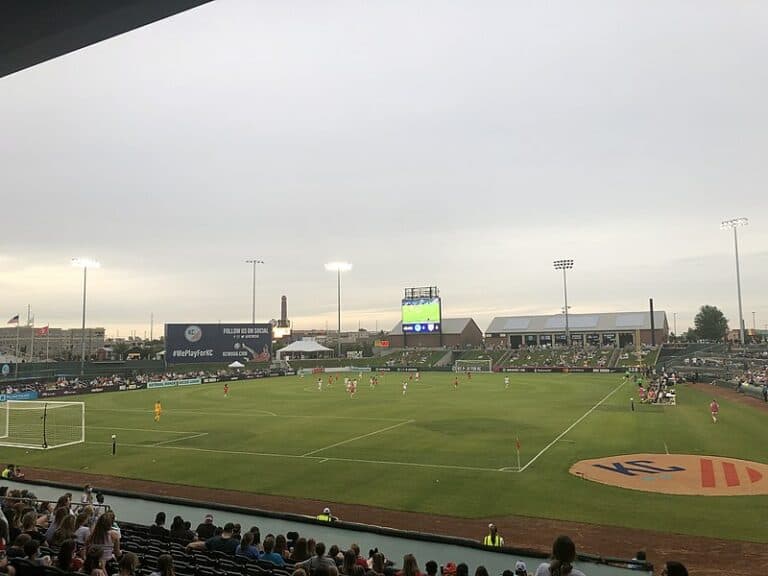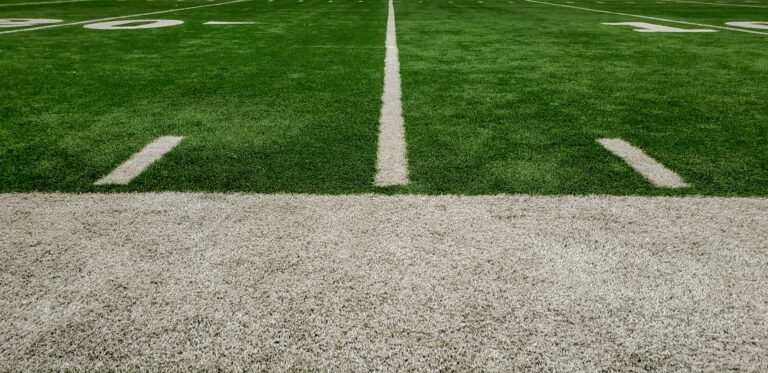
Alex Blutman is a student at Harvard Law School and a member of the Labor and Employment Lab.
As previously discussed, the Supreme Court’s opinion in NCAA v. Alston was a narrow ruling on strictly antitrust grounds, but the decision has the potential to more broadly alter the landscape of collegiate athletics. That potential is already being realized, as a proposed collective and class action suit seeks to apply the court’s reasoning in Alston in an attempt to win college athletes the right to compensation as employees. The plaintiffs contend that NCAA amateurism rules, which bar direct payment for athletic activities, violate the Fair Labor Standards Act and state law. Their complaint explains that “student athletes—engaged in athletic work that is unrelated to academics; supervised by full-time, well-paid coaching and training staff; and integral to the billion dollar Big Business of NCAA sports—are student employees as much as, and arguably more than, fellow students employed in Work Study programs.” Plaintiffs’ argument is that Alston—standing for the idea that traditional NCAA rules cannot avoid ordinary judicial scrutiny merely by relying on the concept of “amateurism”—should permit the federal district court to conduct a fact-intensive inquiry of the players’ relationship with their universities under the FLSA. The NCAA, meanwhile, seeks to disavow any import Alston may have beyond the antitrust context, arguing that the ruling “does not affect the [FLSA] claims” and “leaves undisturbed the idea that athletics in colleges and universities has an educational purpose, student-athletes are students, and they should not be paid to play sport as if they were instead professionals.” Justice Kavanaugh’s much-discussed Alston concurrence seems to suggest that college athletes are workers, and, as Rutgers University labor professor Rebecca Givan explains, a win for plaintiffs in this case means not just monetary compensation, but the potential for other employee rights, such as the right to form unions.
The NFL has fined the Washington Football Team $10 million following the league’s investigation into the team’s workplace culture. The saga traces back to last summer, when The Washington Post reported on allegations of sexual harassment and verbal abuse by fifteen women who previously worked for the organization. The team launched a third-party investigation led by attorney Beth Wilkinson that the NFL took over shortly after its inception. Then, in February, the team reached a settlement with its former cheerleaders over lewd videos made without their knowledge during swimsuit calendar photo shoots. Based on Wilkinson’s report, the NFL concluded that “for many years the workplace environment at the Washington Football Team, both generally and particularly for women, was highly unprofessional. Bullying and intimidation frequently took place and many described the culture as one of fear, and numerous female employees reported having experienced sexual harassment and a general lack of respect in the workplace.” In addition to the fine, the funds from which will be used to support character education and anti-bullying organizations, the NFL has ordered all WFT senior executives to take part in training in workplace conduct, covering topics such as bullying, diversity and inclusion, LGBTQ+ issues, microaggressions, and unconscious bias.










Daily News & Commentary
Start your day with our roundup of the latest labor developments. See all
July 18
Trump names two NLRB nominees; Bernie Sanders introduces guaranteed universal pension plan legislation; the DOL ends its job training program for low-income seniors; and USCIS sunsets DALE.
July 17
EEOC resumes processing transgender workers' complaints; Senate questions Trump's NLRB General Counsel nominee; South Korean unions strike for reforms.
July 16
The U.S. Department of Health and Human Services lays off thousands of employees; attorneys for the Trump Administration argue against revealing plans to reduce the workforce of federal agencies; and the Fourth Circuit grants an emergency stay on the termination of TPS for thousands of Afghans.
July 15
The Department of Labor announces new guidance around Occupational Safety and Health Administration penalty and debt collection procedures; a Cornell University graduate student challenges graduate student employee-status under the National Labor Relations Act; the Supreme Court clears the way for the Trump administration to move forward with a significant staff reduction at the Department of Education.
July 14
More circuits weigh in on two-step certification; Uber challengers Seattle deactivation ordinance.
July 13
APWU and USPS ratify a new contract, ICE barred from racial profiling in Los Angeles, and the fight continues over the dismantling of NIOSH